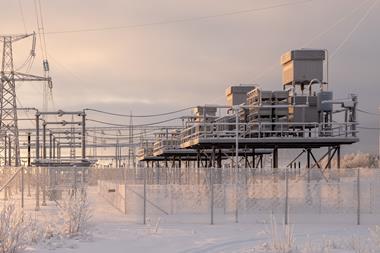EUROPE – Property investment activity in Southern Europe has grown dramatically, but confidence is built on hopes rather than any real signs of economic recovery, according to the head of Spain’s Inmobiliaria Colonial.
Pere Viñolas, chief executive of the €5.3bn property company, said: “Southern Europe is again in the market, and volumes have increased dramatically.”
“That is not because the economic fundamentals are there – it’s not a real recovery,” he said at the annual conference of the Urban Land Institute (ULI) in Paris.
Viñolas said there was no strength in the Southern European real estate markets, and the buying activity seen recently was rather built on the conviction that Spain, Italy and Portugal had completed their reforms.
Spain’s current account balance, for example, was at an acceptable level compared with the situation five years ago, and a number of indicators did now show the country was close to recovery, he said.
“It becomes evident that any internationally diversified investor should look more normally at Southern European countries, so, because of that, we see a lot more volume of transactions in Southern Europe driven more by expectation than real economic data,” he said.
Simon Blaxland, head of investments for private equity funds at AEW Europe, said it was not appropriate to invest in Spain opportunistically at the moment.
“The issue with doing deals in Spain is, how do you make money if you’re a three or four-year opportunistic investor?” he told the conference.
Not only is it going to be quite difficult to buy assets very cheaply in Spain, but there is also doubt that the country will enjoy a recovery for some time, he said.
“A lot of the transactions we’re seeing in Spain are being led by opportunistic funds, but I’m not sure the economy is growing fast enough to deliver those returns,” he said.
He said long-term investment was better in this situation because longer-term investors had the capital structure to be able to wait.
He likened Spain to a person coming out of hospital after a severe illness.
“They are alive but extremely weak and susceptible to an external shock, so this is not someone who should be put straightaway into a rugby match,” Blaxland said.




















